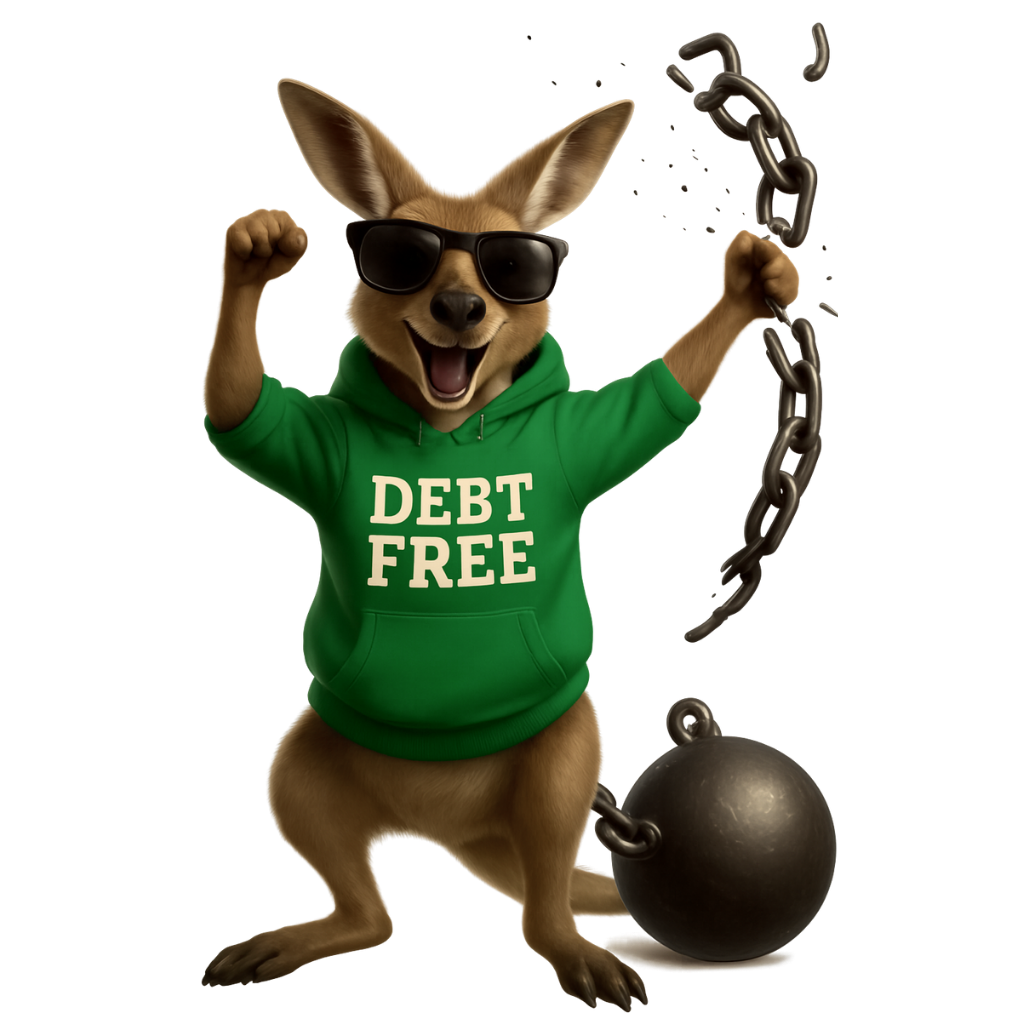Debt Freedom

Break Free From Debt
If debt feels overwhelming, you’re not alone—and you can take control. In this section, you’ll find practical tips and simple strategies to help you pay down debt faster, avoid common mistakes, and build a debt-free future you deserve. Whether it’s credit cards, loans, or other debts, let’s work together to regain your financial freedom and peace of mind.

MarginGuard Budget
Track your income and expenses to create a balanced budget and meet your financial goals.

Debt Payoff App
Plan your debt repayment strategy and see how extra payments can save you money.

Net Worth Calculator
Track what you own and what you owe—knowing your net worth is the first step to building it.
-

Financial Coach vs. Financial Advisor: The Difference Between Managing Money and Mastering Financial Peace
Read More →When you’re making a good living in a fast-moving area like Raleigh-Durham, it can be…
: Financial Coach vs. Financial Advisor: The Difference Between Managing Money and Mastering Financial Peace -

Is the college experience worth the debt?
Read More →In the world of personal finance, we are generally a rational bunch. If a friend…
: Is the college experience worth the debt? -

A Paid-Off Home Is the New Semi-Retirement: How Mortgage Freedom Redefines Financial Independence
Read More →There’s a quiet kind of freedom that doesn’t make headlines or trend online — the…
: A Paid-Off Home Is the New Semi-Retirement: How Mortgage Freedom Redefines Financial Independence -

Should You Keep Cash While Paying Off Debt? The Real Answer Might Surprise You
Read More →If you’ve ever hesitated to use your savings to pay off debt, you’re not alone.Most…
: Should You Keep Cash While Paying Off Debt? The Real Answer Might Surprise You -

Stop Investing for Retirement… Until You Crush Your Debt
Read More →Everyone says you should start investing for retirement as early as possible. “Never miss a…
: Stop Investing for Retirement… Until You Crush Your Debt -

The Debt Avalanche: The Smartest Way to Minimize Interest and Pay Off Debt Faster
Read More →For many people, debt isn’t just a burden—it’s a cost. High-interest debt quietly drains money…
: The Debt Avalanche: The Smartest Way to Minimize Interest and Pay Off Debt Faster -

The Debt Snowball: The Fastest Way to Free Up Cash and Build Financial Margin
Read More →For anyone juggling multiple debts, the challenge isn’t just interest rates—it’s monthly cash flow. How…
: The Debt Snowball: The Fastest Way to Free Up Cash and Build Financial Margin -

Capitalism on Credit: Why Unchecked Debt Threatens Our Future
Read More →For most of modern history, the Federal Reserve’s ability to lower interest rates has been…
: Capitalism on Credit: Why Unchecked Debt Threatens Our Future -

Meet MarginGuard: A Budget That Puts Your Priorities First
Read More →Most budgeting tools focus on tracking — not transformation. They box you into rigid percentages,…
: Meet MarginGuard: A Budget That Puts Your Priorities First -

How Doing My Own Brake Replacement Boosted My Financial Margin — And How You Can Too
Read More →If you own a car, you know that routine maintenance is unavoidable if you want…
: How Doing My Own Brake Replacement Boosted My Financial Margin — And How You Can Too
Frequently Asked Questions
What’s the best strategy for paying off multiple debts?
There are two popular and effective methods to tackle multiple debts, each with its own advantages:
- Debt Snowball Method: This strategy focuses on paying off your smallest debt balances first, regardless of interest rates. The advantage here is quick wins—eliminating debts faster creates momentum and motivation to keep going. Seeing balances disappear can boost confidence and help you stay committed to your debt-free goal.
- Debt Avalanche Method: This method targets debts with the highest interest rates first, saving you the most money in interest over time. The advantage is maximum cost efficiency, as you pay less in total interest and become debt-free faster from a financial standpoint.
Choosing the right method depends on your personality and what keeps you motivated. If seeing quick progress helps you stay disciplined, the snowball method might be best. If you’re focused on minimizing interest costs, the avalanche method is the way to go.
How can I avoid accumulating more debt while paying off existing balances?
Create a realistic budget, avoid new credit card purchases, and build a small emergency fund to cover unexpected expenses without borrowing.
Is it better to consolidate debt or negotiate with creditors directly?
Debt consolidation can lower interest rates and simplify payments, but negotiating directly can sometimes reduce balances. It depends on your situation—consider talking to a credit counselor.
How long does it typically take to get out of debt?
It varies widely based on your balances, income, and payments, but many people see major progress in 12–24 months with consistent effort.
What impact does debt have on my credit score?
While your credit score is important, it’s crucial to remember that it means little if you’re trying to stay out of debt. Some people get overly focused on “improving their credit score” by taking on more credit or opening new accounts, but this can lead to more debt and financial stress.
If your goal is financial freedom, your motivation should be to reduce and eliminate debt, not to chase a perfect credit score. Paying off debt consistently and avoiding new borrowing will naturally improve your score over time. But more importantly, focusing on living within your means and building savings provides real security — much more than a number on a credit report ever will.